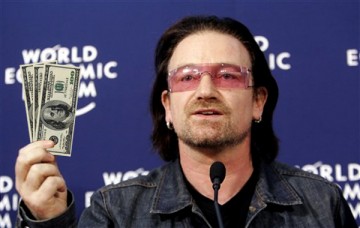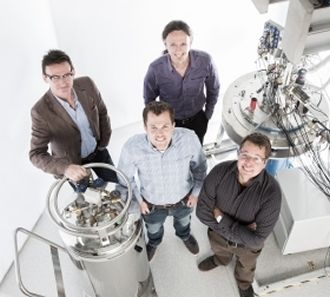 Former top spook Keith Alexander, who served as its director from August 2005 until March 2014, had thousands of dollars of investments during his tenure in a handful of technology firms
Former top spook Keith Alexander, who served as its director from August 2005 until March 2014, had thousands of dollars of investments during his tenure in a handful of technology firms
It seems that he did not think that when he warned the American public that it was at “greater risk” from a terrorist attack in the wake of the Snowden disclosures the companies he was investing in would make more money.
Alexander was very honest about it. Each year he had reported his investments, but he also ticked the checked box next to this statement: “Reported financial interests or affiliations are unrelated to assigned or prospective duties, and no conflicts appear to exist.”
The documents were obtained and published Friday by Vice News as the result of a Freedom of Information Act request and subsequent lawsuit against the NSA brought by Vice News reporter Jason Leopold.
From 2008 through 2013, document that as of 2008, Alexander had as much as $50,000 invested in Synchronoss, a cloud storage firm. Synchronoss provides services to major mobile phone providers, including AT&T, Verizon and others.
He had cash in Datascension, a “data gathering and research company.” Public trades in the firm were suspended by the Securities and Exchange Commission in August 2014 due to “a lack of current and accurate information” about it.
Pericom, a semiconductor company makes hardware for “DVR solutions for the CCTV security and surveillance markets,” also appears in his portfolio, with investments up to $15,000 appearing as of 2008.
Until 2013 he had money squirreled away in RF Micro Devices, a company that makes “high-performance semiconductor components” for “aerospace and defence markets,” among others. RF Micro Devices has done $10.5 million worth of business with the government, including $9.5 million of the Department of Defence.
Alexander has been a little controversial since leaving the NSA. He founded a company called IronNet Cybersecurity, which offers protection services to banks for up to $1 million per month. This has led some cynics to suggest he is advising companies how to avoid the sort of snooping he set up while working at the NSA.



















